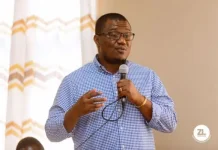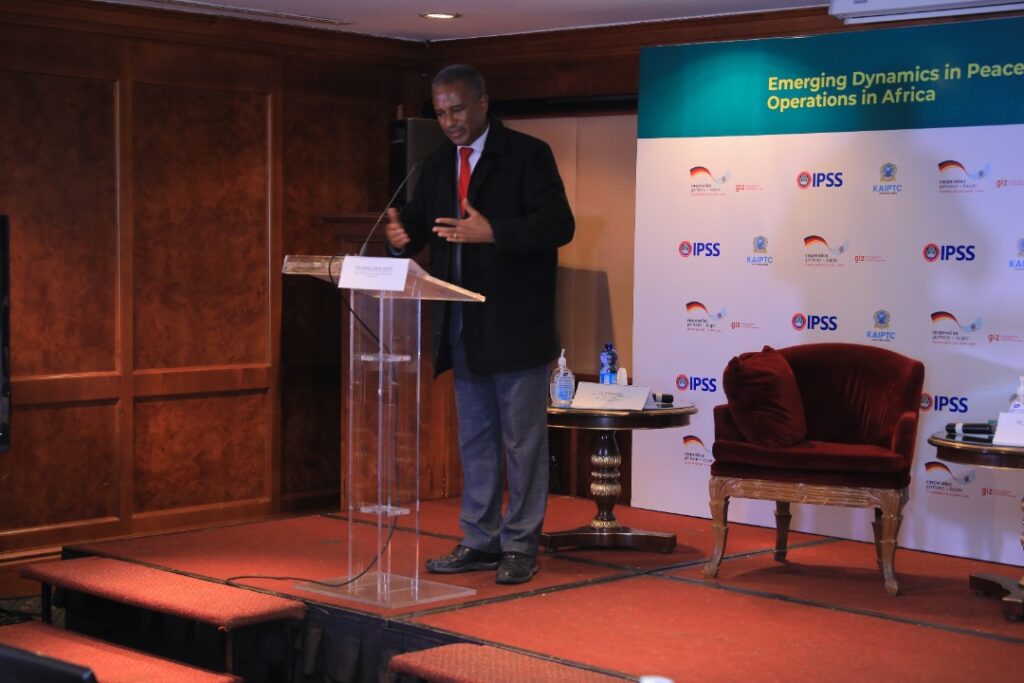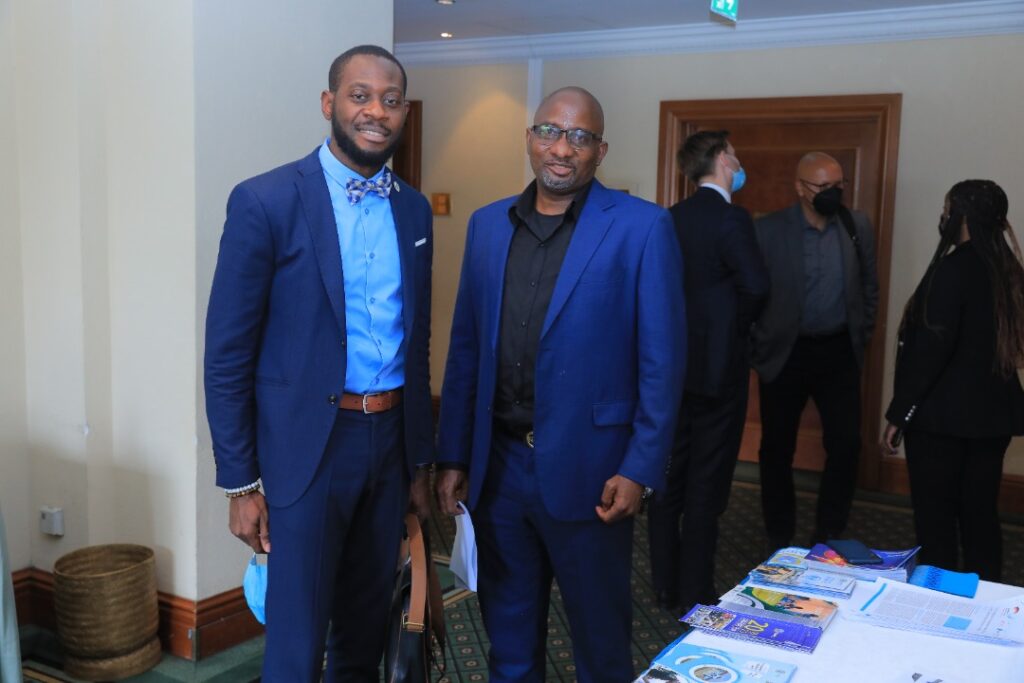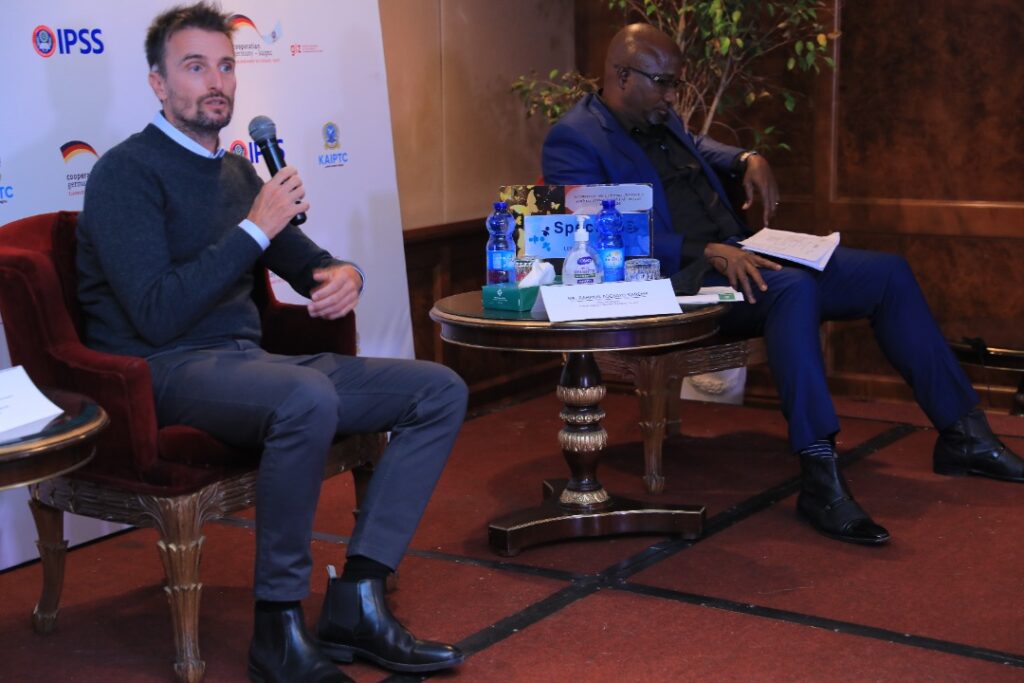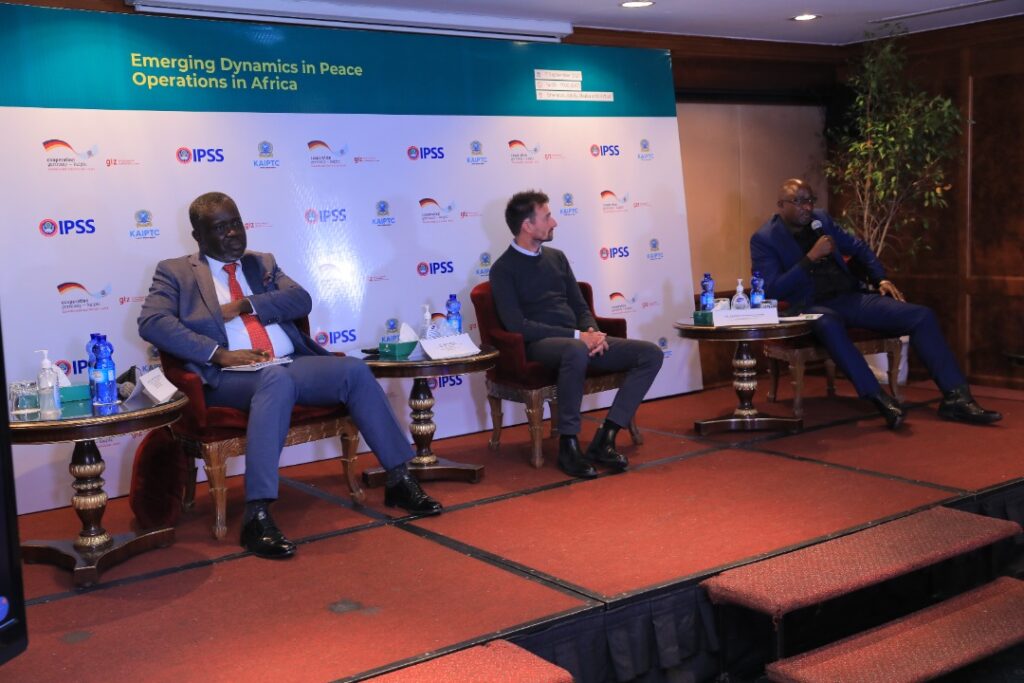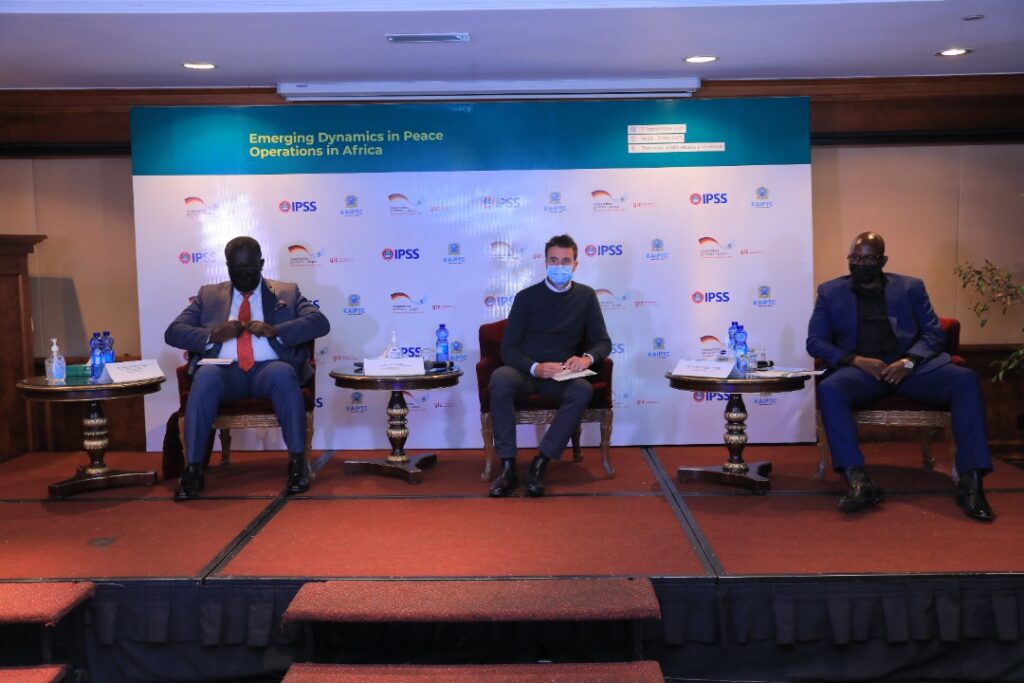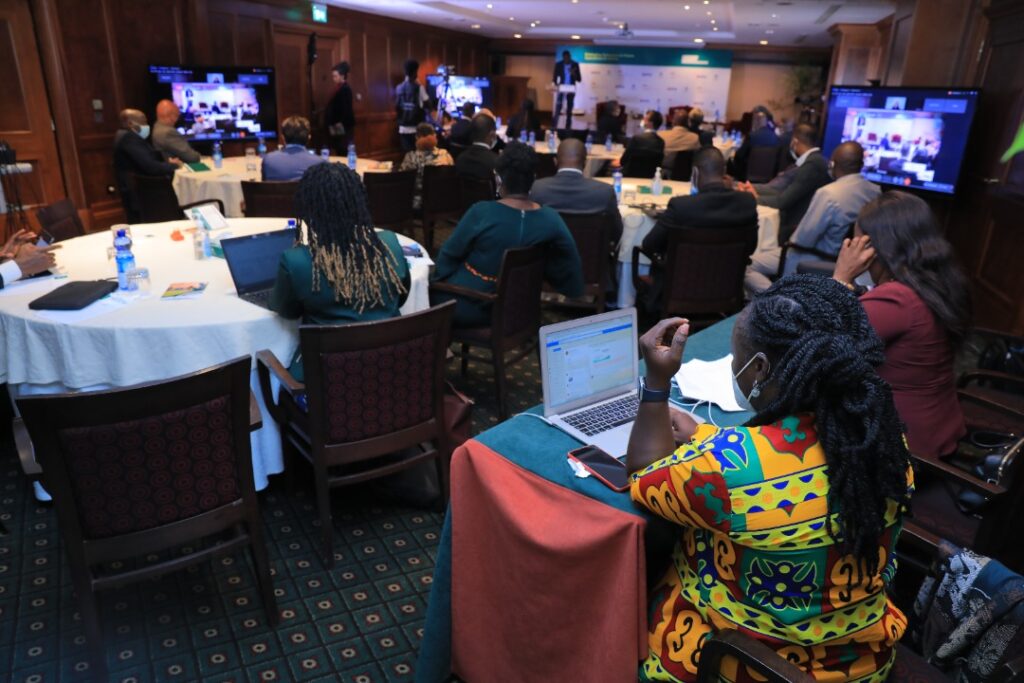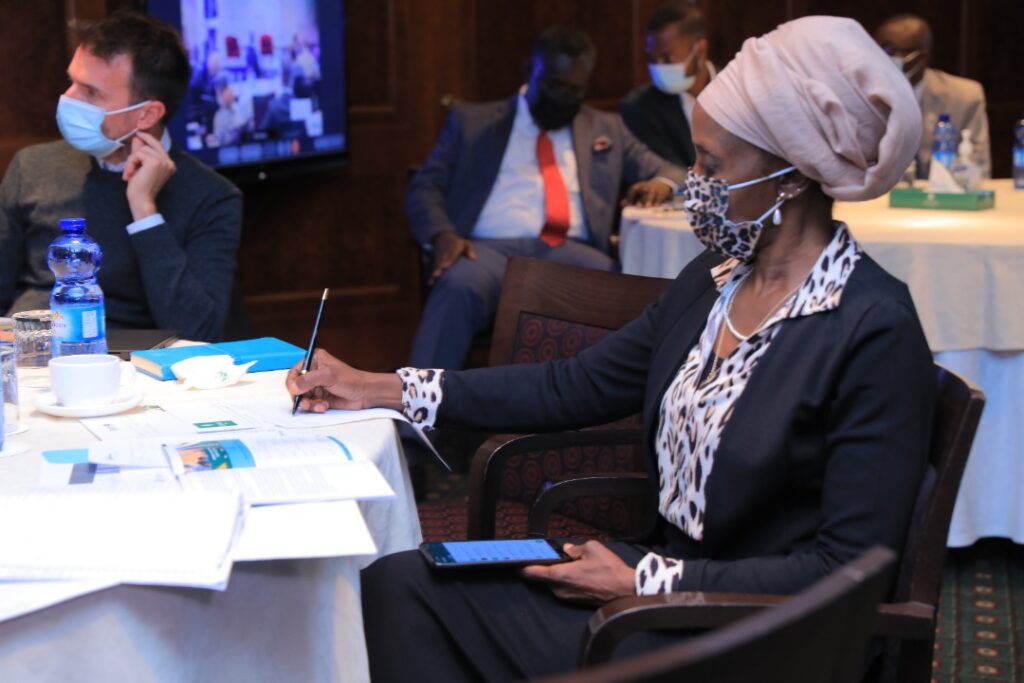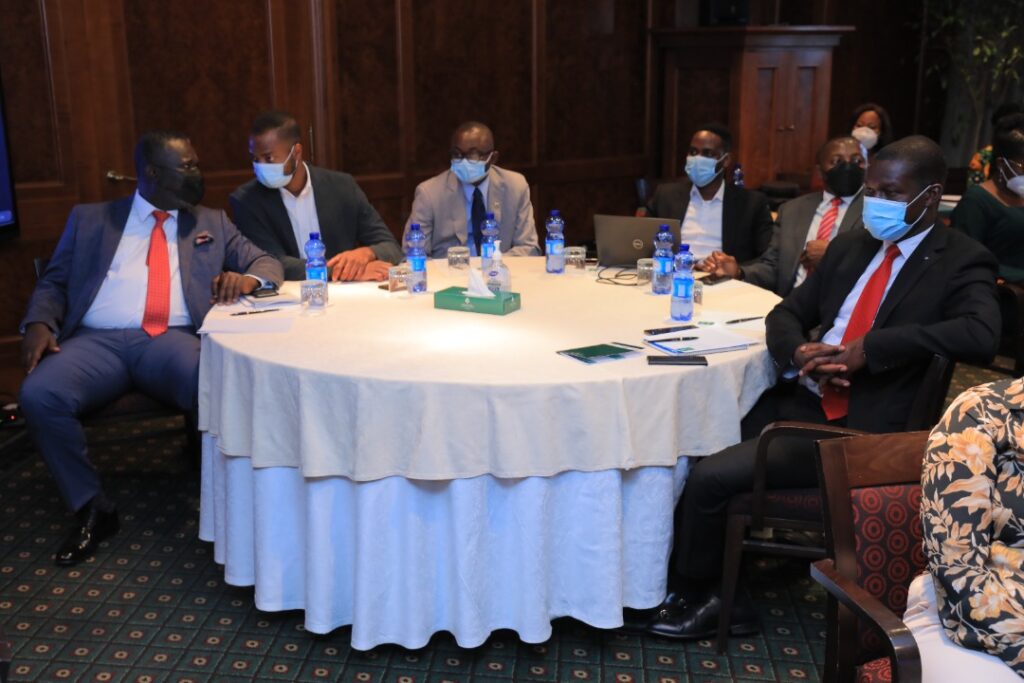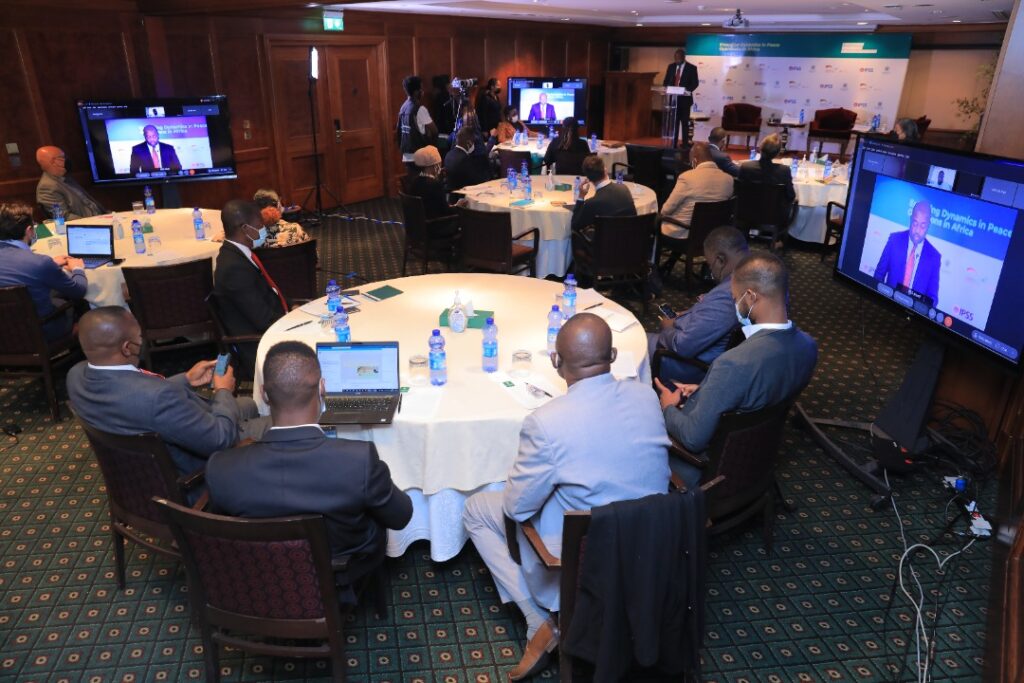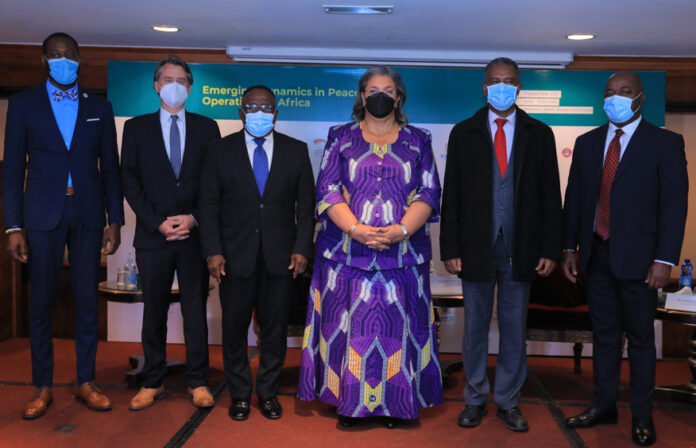
The Kofi Annan International Peacekeeping Training Centre (KAIPTC) on Tuesday, September 7, 2021, held a workshop in Addis Ababa, Ethiopia on Emerging Dynamics in Peace Operations in Africa with collaboration from the Institute for Peace and Security Studies (IPSS) and support from the German Development Cooperation.
The workshop organised to respond to the evolving nature of conflicts on the continent is in two approaches including the Humanitarian Development Peace (HDP) Nexus, also referred to as the Triple Nexus, and the Mental Health and Psychosocial Support in Peace Support Operations (MHPSS).
At KAIPTC, it is believed that MHPSS has become very important in peacekeeping as it seeks to address fundamental individual and collective well-being factors which are key to the overall initiation, development, maintenance, and sustenance of a peace culture.
Its principles are in tandem with the achievement of the Millennial Development Goals (MDGs) and much later the Sustainable Development Goals (SDGs) including health as well as the WHO priority on the reduction of mortality on non-communicable and lifestyle related diseases.
According to KAIPTC Commandant Major General Francis Ofori, his outfit believes that beyond incorporating these two new approaches into its trainings, there is the need for a broader stakeholder conversation which focuses on enhancing the implementation of the HDP and MHPSS concepts with the context of peacekeeping.
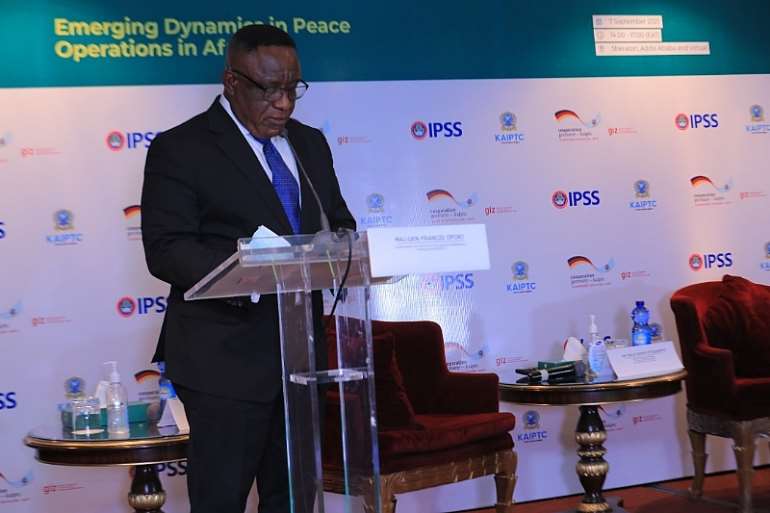
It is in view of this that the Centre has collaborated with the Institute for Peace and Security Studies (IPSS) to organize the workshop to provide a platform to understand the dynamics of the ‘Triple Nexus’ and MHPSS in Africa and the specific role national and regional actors can play in ensuring sustainability.
Speaking at the workshop today, Major General Francis Ofori said he hopes the workshop achieve its goal at the end of the engagement.
“It is my hope that our engagement here today will contribute largely to our commitments in ensuring a greater implementation of the HDP Nexus and MHPSS concepts in peacekeeping missions. We are privileged to have experts who will guide the discourses,” the KAIPTC Major General said.
While extending appreciation to GIZ for the continuous support to KAIPTC, Major General Francis Ofori urged participant to take the worship seriously to benefit from the experts assembled.
On his part, the Deputy Permanent Representative of the Federal Republic of Germany to Ethiopia and the African Union, H.E Mr. Heiko Nitzschke emphasized that mental health and psychological needs are a vital part life particularly in the midst of the global Covid-19 pandemic.
Giving special mention to peace practitioners around the world, he said personnel deployed to Peace Operations encounter numerous stressful and potentially traumatic events, that result in high rates of post-traumatic stress disorder (PTSD) than in general population.
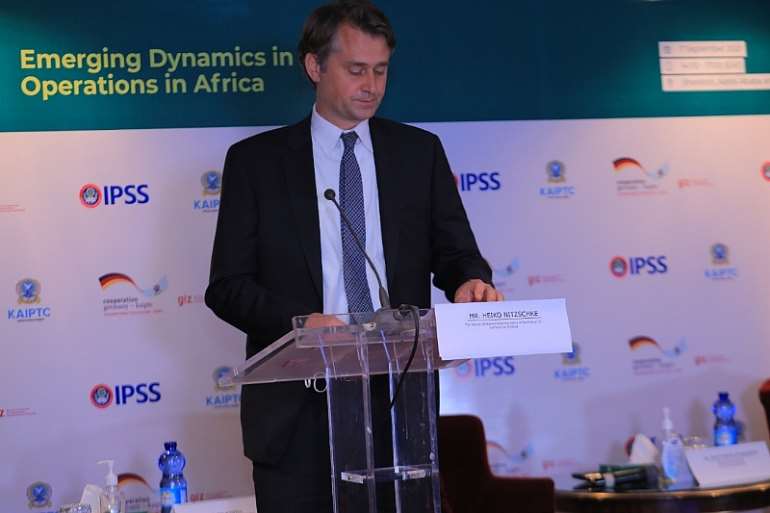
Bemoaning the insufficient attention these peace personel receive, H.E Heiko Nitzschke noted at the workshop that it is imperative that the particular needs of mission personnel are recognized before, during and after deployment.
“…let me stress that today’s workshop provides us with a unique platform to dig deeper into these issues and define our common responsibilities to promote holistic peace in fragile communities.
“Our goal should be to suggest actionable steps for international, regional and national stakeholders to influence and create meaningful change in peace operation contexts in Africa and beyond,” the Representative of the Federal Republic of Germany shared.
Delivering a speech on behalf of Ghana’s Ambassador to Ethiopia H.E. Amma Adomaa Twum-Amoah, the Deputy, H.E. Kwasi Asante said the workshop is very important especially when several regions on the continent continue to experience violence.
He said in a continent where health systems in conflict zones tend to be ill-equipped both in human and material resources to be able to attend basic health needs let alone mental health cases, proper administration of the humanitarian–development nexus is increasingly being cast as the solution to humanitarian concerns and the management of complex war-to-peace transitions.
In an appeal, H.E. Kwasi Asante charged participants of the workshop to come out with modalities to guide such cooperation, taking into consideration the idiosyncrasies of each conflict setting.
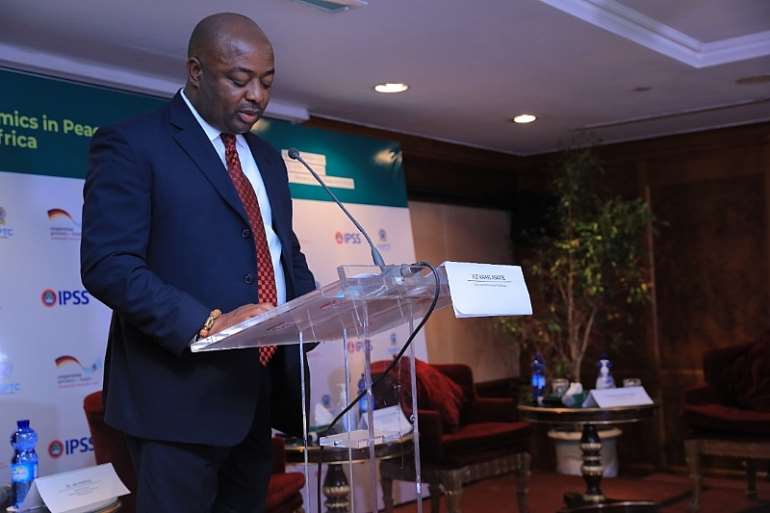
Adding up to conclude, the Ghana Deputy Ambassador to Ethiopia hammered that “…there is the need to integrate MHPSS services into the existing health services and capacity-building of key actors. Finally, development of guidelines, manuals for MHPSS programming for peacekeepers prior to deployment and establishment of temporary Psychosocial Support hubs in peacekeeping camps is also worth considering.”
Among the dignitaries assembled at the workshop, there was H.E. Hannah Serwaa Tetteh; the United Nations (UN) Special Representative of the Secretary-General to the African Union and Head of the United Nations Office to the African Union, Mr. Zinurine Alghali; Chief, Police Development Unit, Peace Support Operations Division (PSOD), Dr. Yonas Adaye Adeto; Director, Institute for Peace and Security Studies, Addis Ababa University, and several others.





